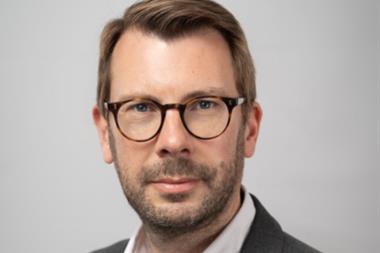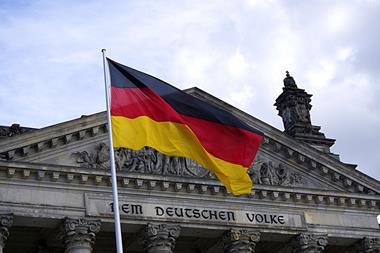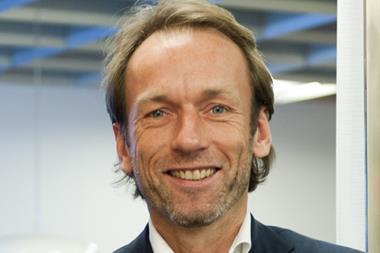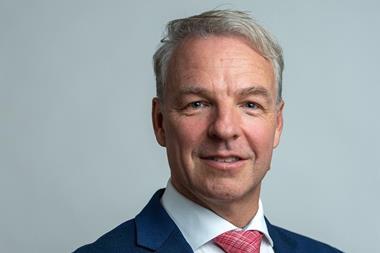IG Metall Baden-Württemberg, the brach of Germany’s largest trade union for the metal and electrical industry in the south-western part of the country, has regretted the choice taken by delegates at the trade union’s conference in Frankfurt last October to reject the social partner model.
“We are certain: with the social partner model we have designed a good and safe solution. Nonetheless, the majority [of the delegates] has regrettably rejected it at the trade union conference [in Frankfurt],” said Roman Zitzelsberger, head of IG Metall Baden-Württemberg, commenting on the final report on the social partner model published by the union this week.
In a surprising turn of events, Zitzelsberger announced he is leaving IG Metall, citing health as one of the reasons to open a new chapter in his life. The decision took Südwestmetall, the employers representative in the metal and electrical industry, by surprise.
The executive board of IG Metall ordered Zitzelsberger to end negotiations on the social partner model with Südwestmetall after the decision taken by the delegates in Frankfurt, and to draft a final report on it.
IG Metall has worked together with Südwestmetall on the social partner model that only needed the approval from regulator BaFin and the collective bargaining agreement, it added.
The model drafted by the social partners would have offered workers sufficient returns, on average 4.8%, despite a conservative investment strategy higher than other products, and the guarantee that paid pensions would not decrease, it said.
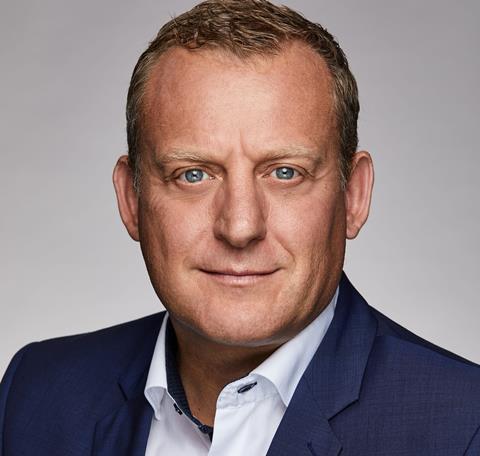
It excluded provisions for disability, capped the amount of pensions paid out, and led to a 60% level of total paid pensions to survivors in case of death of a member, according to the report.
Two asset and liability management (ALM) studies were conducted, one in 2022 and another in 2023. The social partners commissioned WTW for the second ALM study.
“The results of the 2023 ALM are even clearer: we achieve an extremely secure occupational pension with the social partner model, that is entirely financed by the employers,” IG Metall said in the report, adding that the plan needed 12 months to go live.
For IG Metall, it was also important that employers would step in as a guarantee for a lack of liability typical of the pure defined contributions under the social partner model.
Reiner Schwinger, WTW head of central Europe, said he was convinced that the concept designed by the social partners was a “novelty at its core”, with BaFin, the financial supervisory authority, also having expressed a positive opinion on it.
The model leads to an initial pension that is 50% higher than those offered by insurers, providing the same level of security of insurance products, and showing strength in front of market shocks, the report said.
Peer-Michael Dick, the former chief executive officer of Südwestmetall, said the union had signed a “binding negotiation results” agreement with IG Metall Baden-Württemberg, agreed also by the IG Metall executive board. Südwestmetall expects further negotiations to finalise results, he added.
Looking for IPE’s latest magazine? Read the digital edition here












